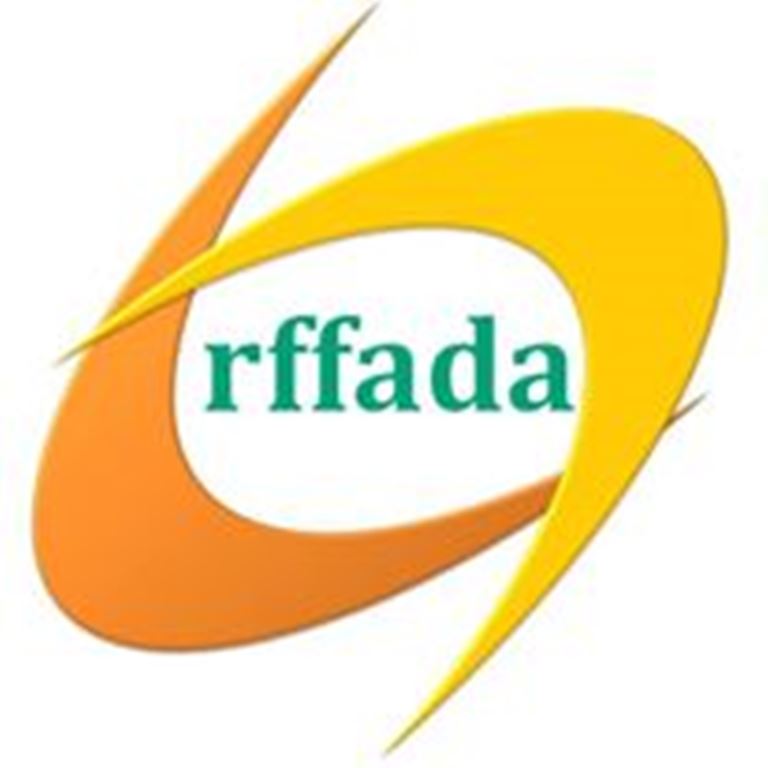![]() rffada_Fact_Sheet_-_FASD_Clinics_around_Australia1.pdf576.31 KB
rffada_Fact_Sheet_-_FASD_Clinics_around_Australia1.pdf576.31 KB
This section is for those services and occupations likely to come into contact with people with FASD. Staff in the services below need to understand FASD and be able to identify people who may have the condition so that they can be appropriately supported. Consequences of not appropriately supporting people with FASD can be the creation of exacerbation of secondary disabilities:
- Child services
- Foster care
- Education
- Special education
- Indigenous groups
- Mother’s groups
- Child care
- Corrections
- Parole and probation
- Police
- Lawyers and solicitors – legal aid
- Employment industry
- Disability employment
- Disability
- Drug and alcohol rehabilitation
- Mental health
- Midwifery
- Medical profession including nursing
- Youth support
- Social Work
- Training
- Advocacy
- Housing, tenancy and accommodation
- Homelessness
- Therapy and relationships
- Psychology
It is critical that case workers and professional staff of these services understand FASD to the extent that they can identify the behavours and the history of clients who might have FASD. It is critical because without identification, inappropriate strategies, and interventions may be used which may create or exacerbate secondary disabilities.
The resources in this section may assist in better understanding FASD.
